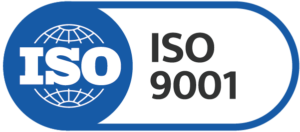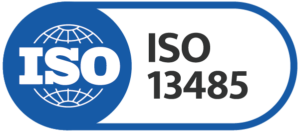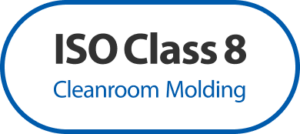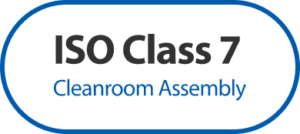Published on 2024-03-14
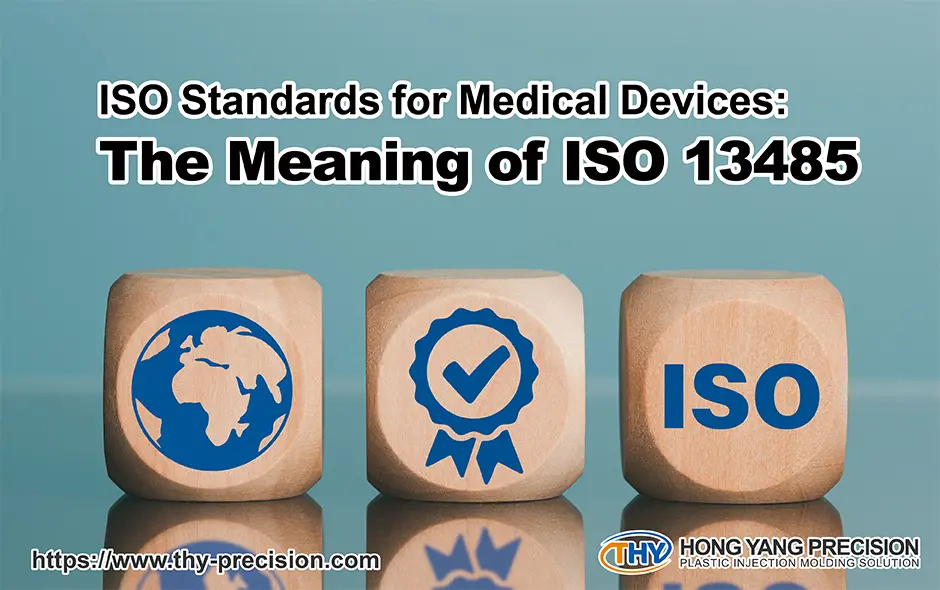
For those in the medical field, having high-quality equipment is non-negotiable, as it’s often a matter of life or death. One oversight can have critical consequences. That’s why adherence to ISO standards in medical device manufacturing is not just a regulatory requirement but a commitment to safety and quality.
THY Precision, a leading medical device injection molding company, stands out with their ISO 13485 certification. Dedicated to producing top-tier medical devices through precision injection molding, this industry giant meets the most stringent global standards for safety and effectiveness.
In this article, we’ll cover the ISO standards for medical devices, the benefits of being certified, and THY Precision’s quality solutions.
Table of Contents
What are the ISO Standards for Medical Devices?
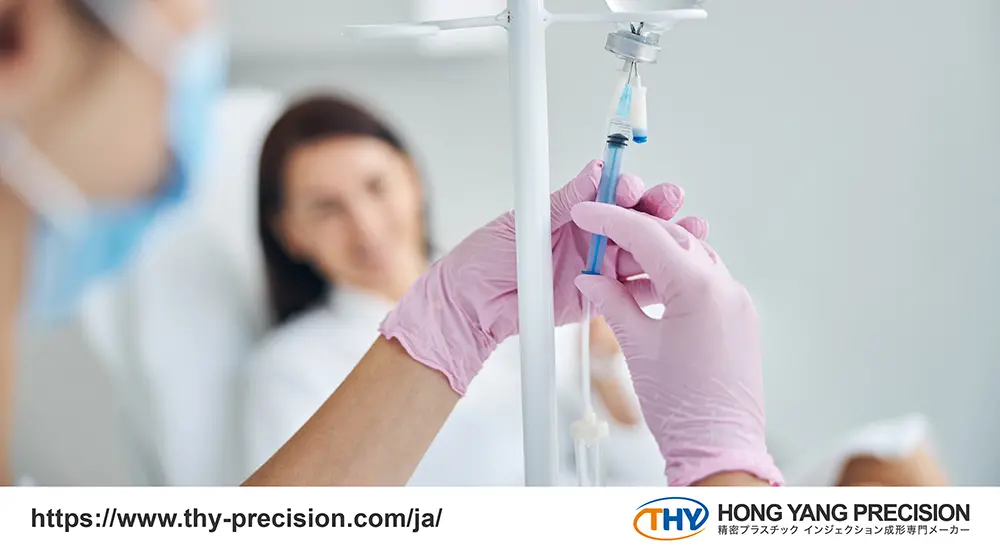
ISO standards for medical devices, established by The International Standardization Organization (ISO), ensure safety and quality in the medical device manufacturing industry. These standards outline the regulatory requirements that manufacturers need to meet to make sure their products are safe and effective for customers.
Here’s a high-level view of key ISO standards relevant to the medical device manufacturing industry:
| ISO Standard | Description |
|---|---|
| ISO 13485 | Quality management system for medical devices. |
| ISO 14971 | Application of risk management to medical devices. |
| ISO 10993 | Biological evaluation of medical devices to assess their biocompatibility. |
| ISO 10991 | The international standard of specifications for a quality management system. |
| ISO 15223 | Symbols and labels for medical device packaging, for global comprehension. |
| ISO 14155 | Clinical investigation of medical devices for humans. |
ISO 13485 for Medical Devices
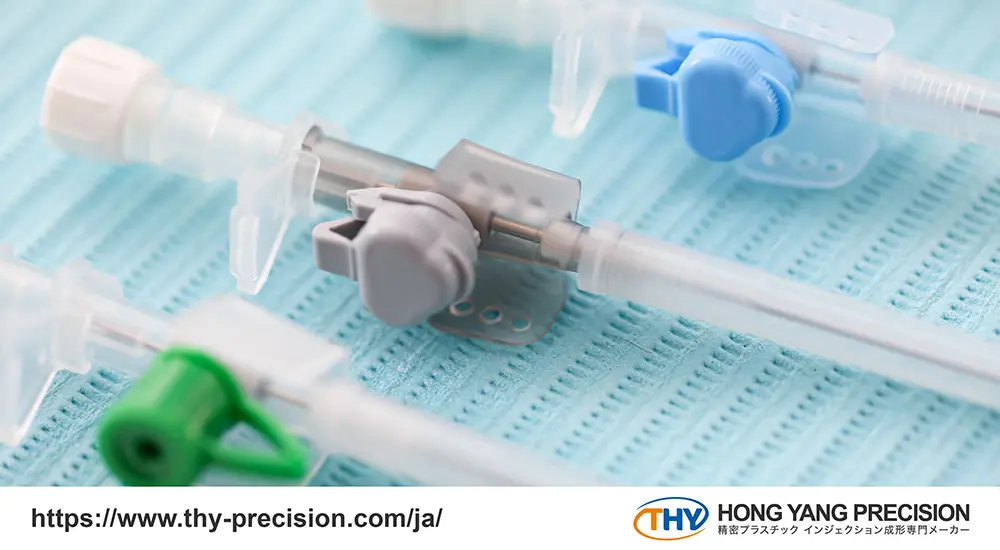
Among the ISO standards, ISO 13485 is the global benchmark for quality management systems (QMS) in the medical device manufacturing industry. It provides the framework for companies to ensure their medical devices meet customer and regulatory requirements.
ISO 13485 emphasizes risk management, effective process control, product cleanliness, and a well-documented quality management system (QMS). This standard must be applied to all stages of a device’s lifecycle, including design, production, storage, distribution, installation, and servicing.
ISO 13485 is organized into eight sections:
- Scope: Explains whom the standard applies to, including the design, production, installation, and servicing.
- Normative References – Lists relevant documents needed to understand the standard.
- Terms and Definitions – Clarifies key terms used within the standard.
- Quality Management System – Outlines how to establish, document, implement, maintain, and continue improving to ensure consistent quality standards.
- Management Responsibility – Specifies the roles and responsibilities of management of the QMS, including commitment, customer focus, policy, planning, responsibility, and review.
- Resource Management – Details the management of person, infrastructure and work environment needed to maintain the QMS.
- Product Realization – Covers the process from designing to developing and delivering the product, with additional focus on customer requirements and service provisions.
- Measurement, Analysis, and Improvement – Focuses on continually checking and improving the product and system quality.
Benefits of Attaining ISO 13485
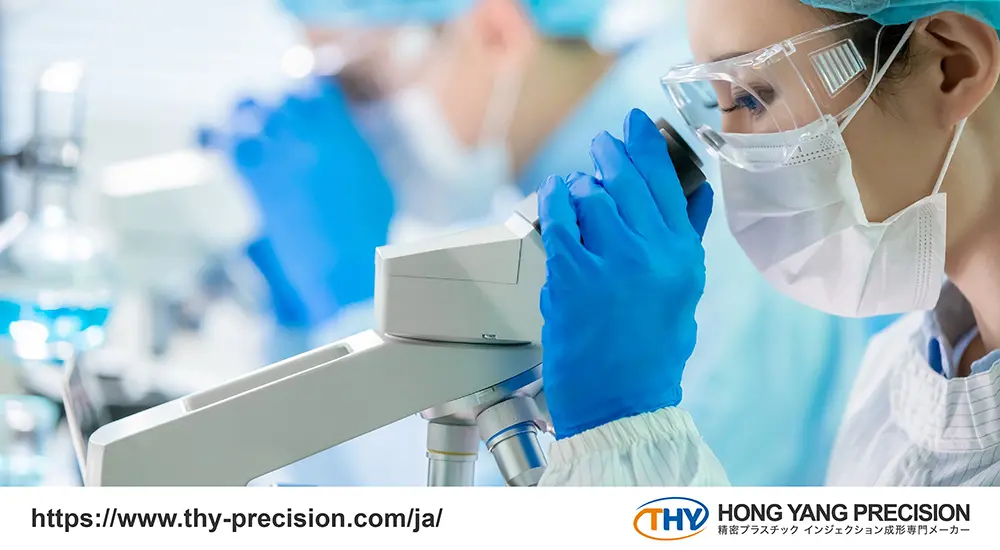
It’s shocking to note that between 2018 to 2022, 13,623 medical devices were recalled in the US. ISO standards are in place to prevent safety and quality issues in medical devices. An ISO 13485 certification means that a manufacturer is committed to high-quality products and:
Ensures Product Quality and Safety
ISO 13485 guarantees that the medical devices produced by the company are of the highest quality standards. This stamp of approval from a globally recognized QMS reduces the chances of product recalls or safety concerns.
Improves Risk Management
ISO 13485 heavily emphasizes risk management. By adhering to the guidelines, businesses can better identify, manage, and mitigate risks. This significantly boosts customer confidence in the medical devices.
Streamlines Regulatory Compliance
ISO 13485 provides a framework that aligns with many international regulatory requirements. It simplifies the compliance process and protects businesses from potential legal and financial penalties.
Builds Better Supplier Relationships
All components and materials need to meet the criteria for certification. The attention to supplier quality at all stages increases product reliability. In addition, it strengthens the supply chain, as consistent quality leads to smoother production processes and fewer disruptions.
Expands access to global markets
ISO 13485 certification is recognized internationally and is often the prerequisite for entering global markets. Having this certification opens new business opportunities and facilitates easier compliance with international regulatory requirements.
Medical Industry Solutions From THY Precision

THY Precision has been committed to providing ISO-certified medical solutions. Holding both ISO 13485 and ISO 9001 certifications, we specialize in precision plastic injection molding for medical devices.
Our custom plastic injection molding process adheres to the highest industry cleanliness and safety standards. Operating ISO 8 cleanrooms for molding, we effectively minimize the risk of contamination through a controlled environment. They also use ISO 7 cleanrooms to control air quality and particles during the assembly and packaging process.
THY Precision offers a range of services, from design to production, including in-house tooling, medical device contract manufacturing, and automated manufacturing. Our comprehensive setup provides cost-effective and streamlined solutions for future clients.
For more information or inquiries, contact THY Precision now.
Learn more: Injection Moulding: A Step-by-Step Process Breakdown

